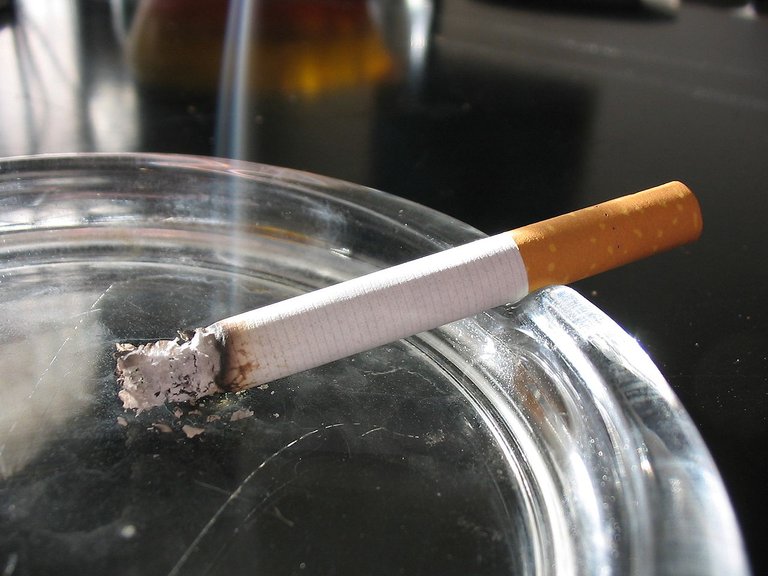covid-19 and nicotine
The phrase “According to the results of research…” is very common in science, and anything we say behind it has an absolute form of truth. But many times not. Having a result in an investigation does not always guarantee that we have achieved part of the truth. In the case of coronavirus there are many examples of this. We want to know and share the results as soon as possible so that the new research is done as soon as possible. And that's not always a good idea.

It was a striking example in April. According to the results of an investigation carried out by a Parisian group, nicotine could lead to prevention against covid-19 and, in that case, it would be a very important issue for smokers. But there were two problems with it. One, that the preventive capacity of nicotine was not the result of the research, but a hypothesis that was raised from the data obtained. In fact, the title of the writing published by Parisian researchers was: “A nicotinic hypothesis for Covid-19 with preventive and therapeutic implications”. That is, a pure hypothesis about nicotine. The second problem was that the article was not a definitive scientific result, it was a preprint. A kind of draft for other scientists to know quickly the provisional result that is published. But the scientific community does not give for good if it has not exceeded the review of other scientists who are not authors. That is very important.
I can write an article saying the moon is made of cheese, but then other scientists try to confirm what I have done and analyze how I have done research. They soon realize that I have done something wrong and that my result is not reliable. They will not accept it. Of course, it is faster to accept what I was saying from the beginning and to propose other investigations with the approval of the idea of cheese. But the result is incorrect. Therefore, be careful. In the case of coronavirus, this is the case. There is strong research pressure and many results have been accepted before the review. There is an extensive list with many rejected preprints. It is serious.
So what is nicotine, truth, or lie? Well I don't know. Neither I nor anyone seems. The article of the Parisian group was published in April. In May, numerous investigations appeared on the same subject. Some said the number of hospitalized smokers was lower than expected. Others, precisely, said the opposite. However, many scientists wanted to remember that smoking is deadly and that, in any case, nicotine should be reused. The problem is that because of nicotine, the body produces fewer proteins called ACE2, and the ACE2 protein is used by this coronavirus to address our cells. Therefore, perhaps…, it seems…, it is possible that the nicotine molecule has some effect on the virus infection. But it can also be the opposite.
However, research on nicotine and covid-19 has not taken place during the months of June, July and August. Some yes, but few. And when I found them, they highlighted the idea that more research needs to be done. Who knows the effect at the end.
Buletina
Bidali zure helbide elektronikoa eta jaso asteroko buletina zure sarrera-ontzian











